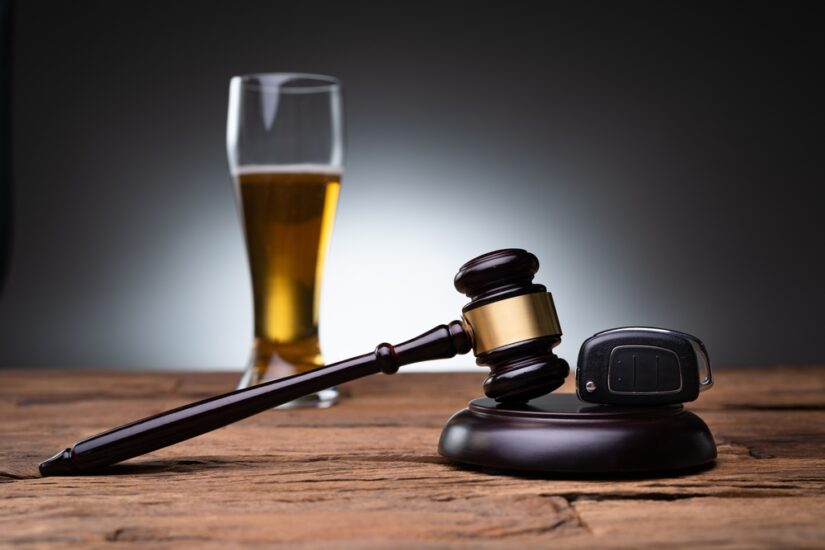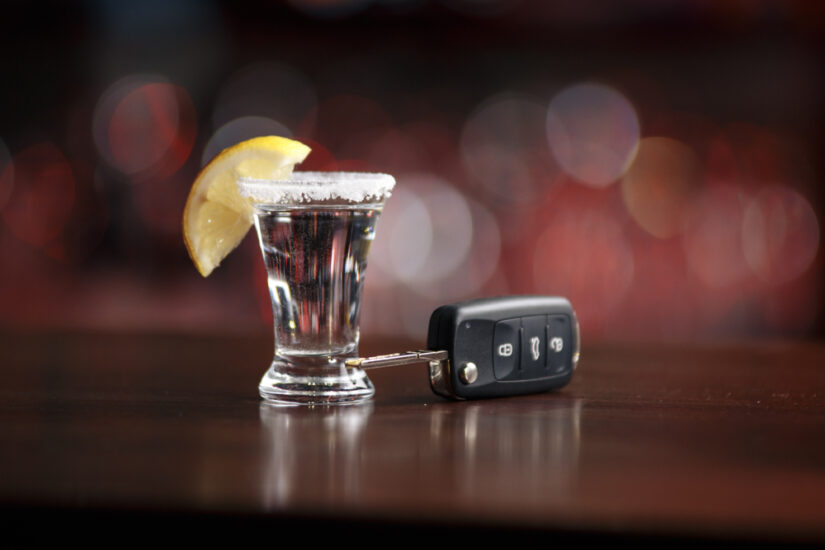
December 16, 2024
Driving While Intoxicated (DWI) is a serious offense nationwide, but in Texas, the stakes are particularly high for individuals under 21 due to the state’s strict Zero Tolerance laws. These regulations are designed to deter underage drinking and driving by imposing severe penalties for any detectable amount of alcohol in a minor’s system.
This article dives into Texas’s Zero Tolerance laws, their implications for underage drivers, and the broader consequences of underage DWI charges.
Zero Tolerance in Texas: What Every Young Driver Must Know
Texas’s Zero Tolerance laws specify that individuals under 21 cannot operate a motor vehicle with any detectable amount of alcohol in their system. Unlike the standard legal Blood Alcohol Concentration (BAC) limit of 0.08% for adults, minors can face legal repercussions even if their BAC is as low as 0.01%. This policy shows how serious Texas is about preventing underage drinking and its dangers. (Texas DPS).
DUI vs. DWI in Texas: What’s the Difference and Why It Matters?
In Texas, the terms Driving Under the Influence (DUI) and Driving While Intoxicated (DWI) are distinct, primarily based on the driver’s age and the level of intoxication:
DUI
Applies to drivers under 21 with any detectable amount of alcohol in their system, regardless of impairment (Texas DPS).
DWI
Refers to drivers (regardless of age) operating a vehicle with a BAC of 0.08% or higher or exhibiting signs of impairment (TxDOT).
Underage DWI/DUI Penalties
The consequences for underage individuals convicted under Texas’s Zero Tolerance laws are severe and escalate with subsequent offenses:

First Offense
- Class C misdemeanor
- Fine up to $500
- 20 to 40 hours of community service
- Mandatory attendance in an alcohol awareness course
- Driver’s license suspension for 60 days (Texas DPS)
Second Offense
- Class C misdemeanor
- Fine up to $500
- 40 to 60 hours of community service
- Possible alcohol awareness course at the judge’s discretion
- Driver’s license suspension for 120 days (Texas DPS)
Third Offense
- Class B misdemeanor
- Fine ranging from $500 to $2,000
- Up to 180 days in jail
- Driver’s license suspension for 180 days (Texas DPS)
The Consequences No One Tells You About: Intoxication Manslaughter
In tragic cases where underage drunk driving results in a fatality, offenders face intoxication manslaughter charges. This second-degree felony carries penalties of up to 20 years in prison and substantial fines.
Texas’s Open Container Law: A Hidden Risk for Young Drivers
Texas’s Open Container Law prohibits open containers of alcohol in the passenger area of a vehicle. For underage drivers, violating this law can lead to additional charges and increased penalties for a DWI offense.
What Happens If You Refuse a Breath Test Under Texas Law?
Under Texas’s implied consent laws, any driver lawfully arrested for a DWI is required to submit to chemical testing (breath or blood tests). Refusal to comply results in automatic driver’s license suspension:
- 180 days for the first refusal
- Two years for subsequent refusals (Texas DPS)
The Lasting Impact of an Underage DWI Conviction
Beyond immediate legal penalties, underage DWI convictions can have lasting repercussions:

Criminal Record
A conviction results in a permanent criminal record, potentially affecting employment opportunities, educational prospects, and housing applications (Texas Impaired Driving Task Force).
Educational Impact
Many colleges and universities conduct background checks during admissions. A DWI conviction can lead to denial of admission or revocation of scholarships (Texas Impaired Driving Task Force).
Insurance Rates
Auto insurance premiums can increase significantly, as insurers view individuals with DWI convictions as high-risk drivers (Texas Impaired Driving Task Force).
How to Protect Your Future After a DWI Charge
Given the stringent nature of Texas’s Zero Tolerance laws, it’s imperative for minors and their guardians to be well-informed:
- Education: Participate in alcohol awareness programs to understand the risks and legal implications of underage drinking and driving.
- Legal Counsel: If facing charges, consult with a criminal defense attorney experienced in DWI cases to navigate the legal system effectively.
- Parental Involvement: Parents should engage in open dialogues with their children about the dangers of alcohol consumption and the severe consequences of impaired driving.
Statistical Insights on Underage Drinking and Driving
According to the Texas Department of Transportation (TxDOT), underage drivers are overrepresented in alcohol-related crashes. While gains have been made in reducing these incidents, drivers under 21 continue to be disproportionately involved in such accidents.
Nationally, the National Highway Traffic Safety Administration (NHTSA) reports that the implementation of Zero Tolerance laws has contributed to a decline in underage drinking and driving incidents. These laws have been instrumental in reducing alcohol-related crashes and fatalities among youth.

Wrapping Up: Take the Next Step with The Napier Law Firm
Underage DWI or DUI charges in Texas carry serious consequences, from fines and license suspensions to long-term impacts on your future. Navigating these charges requires a skilled legal defense to protect your rights and minimize the repercussions.
The Napier Law Firm is ready to guide you through this challenging time with experienced and dedicated representation. Don’t leave your future to chance—take action now.
Call The Napier Law Firm at (713) 470-4097 to schedule your consultation and start building your defense today.